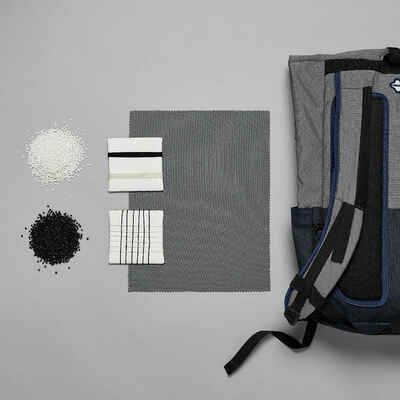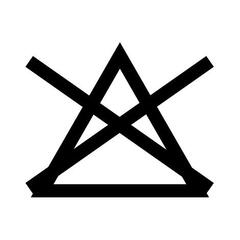Camping Tent MH100 - 2-Person - Fresh&Black
Store Availability
Store availability
Ecodesign approach
With ecodesign, we reduce the environmental impact of our products.
Analysing the product's environmental footprint enabled us to identify the most impactful stages of its life cycle. Thanks to this approach, our design teams were able to develop this product while significantly reducing its environmental impact.
Ecodesign actions on this product
-
 Process
ProcessBiton
Product made from 5% yarn combining dyed and undyed fibres
Using this dyeing process enables us to reduce the CO2 emissions linked to the production of the dyed component by at least 39% compared to conventional dyeing.
-
 Textile
TextileBiton
Product made from 8% yarn combining dyed and undyed fibres
Using this dyeing process enables us to reduce the CO2 emissions linked to the production of the dyed component by at least 39% compared to conventional dyeing.
-
 Process
ProcessGreige
Product made from 41% undyed yarn
Using this finishing process enables us to reduce CO2 emissions linked to the production of undyed textiles by at least 53% compared to conventional dyeing.
-
 Textile
TextileGreige
Product made from 54% undyed yarn
Using this finishing process enables us to reduce CO2 emissions linked to the production of undyed textiles by at least 53% compared to conventional dyeing.
-
 Textile
TextileDope dyed
Product made from 37% dope dyed yarn
Using this mass-dyeing process enables us to reduce CO2 emissions linked to the production of dyed textiles by at least 17% compared to conventional dyeing.
-
 Process
ProcessDope dyed
Product made from 48% dope dyed yarn
Using this mass-dyeing process enables us to reduce CO2 emissions linked to the production of dyed textiles by at least 17% compared to conventional dyeing.




